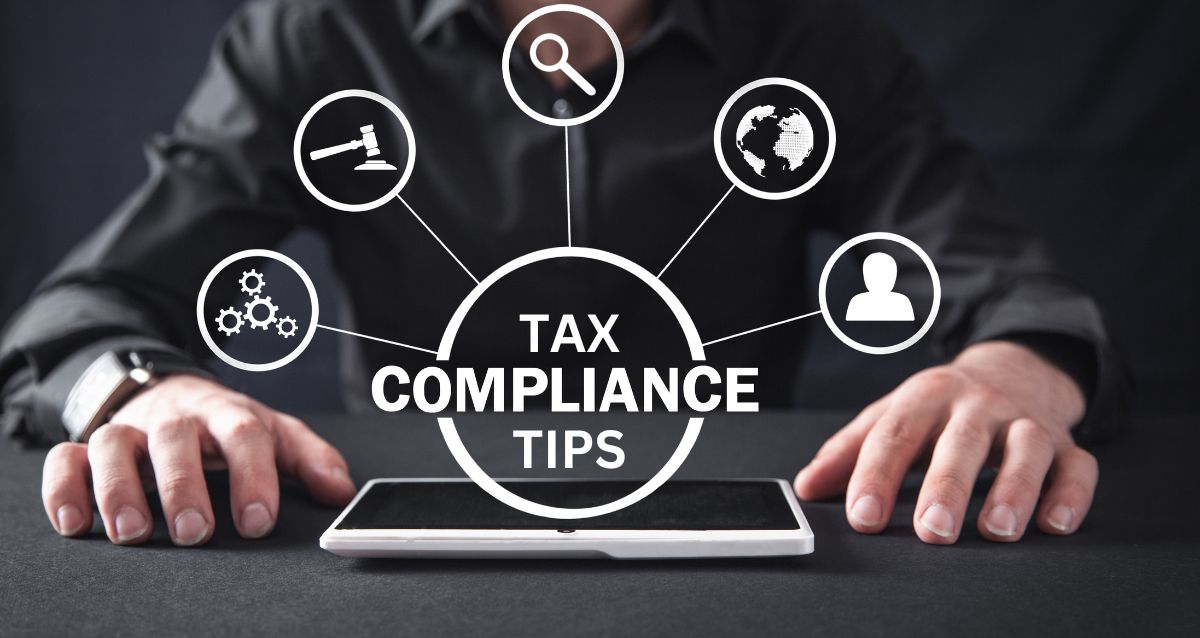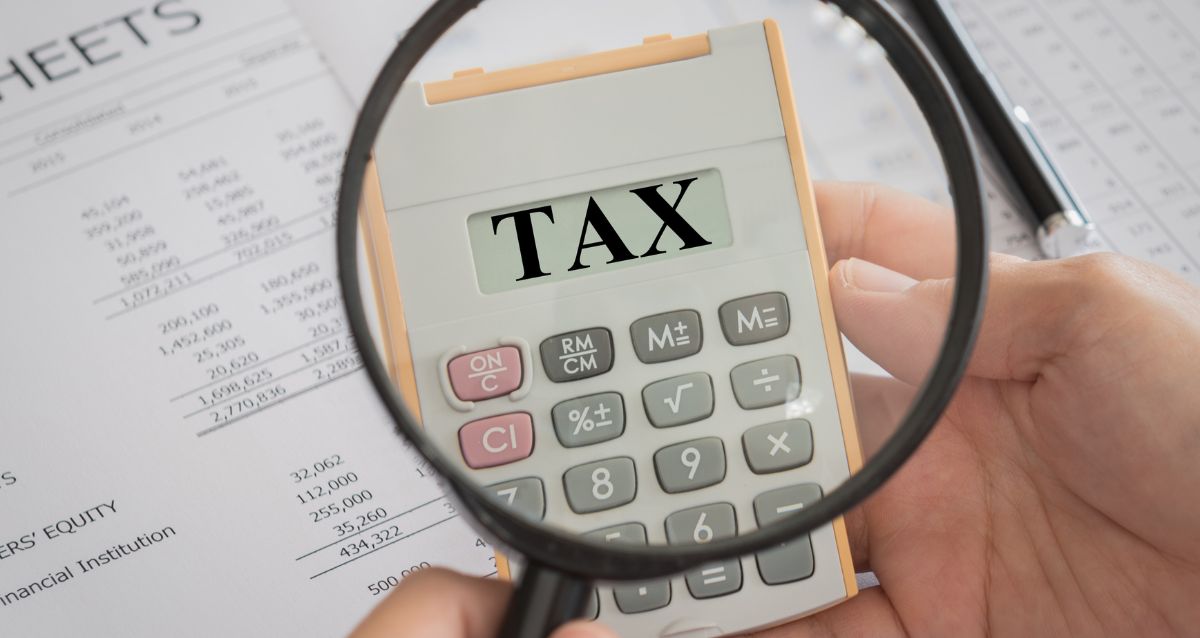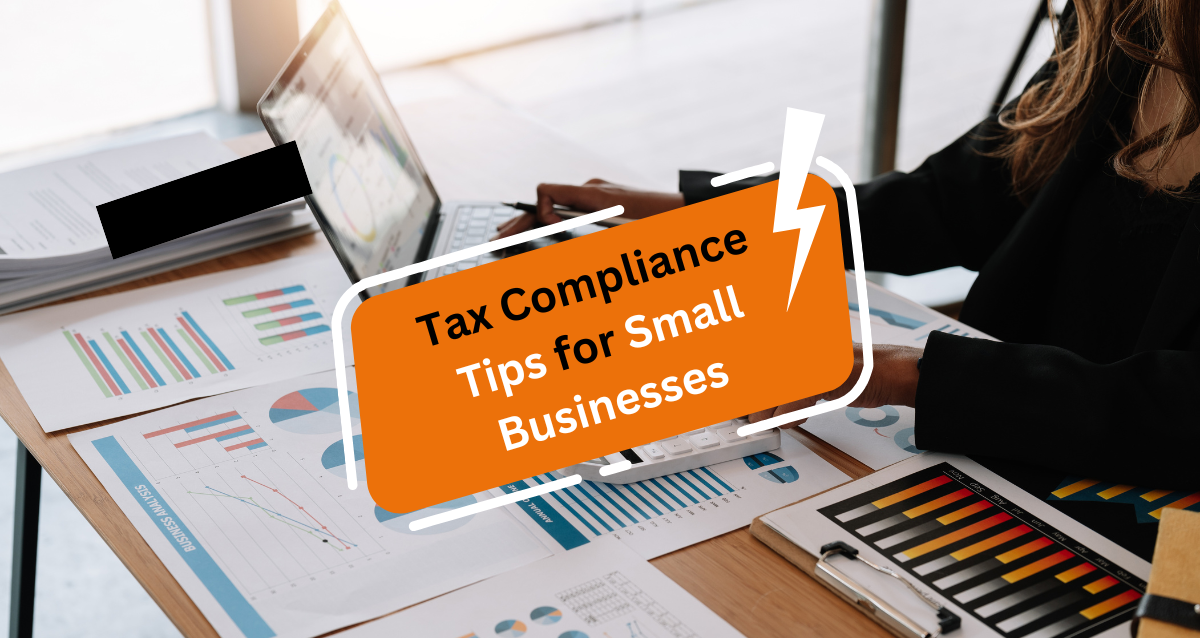Tax Compliance Tips for Small Businesses in the UAE
Nowadays, UAE is attracting new businesses and investors from all over the world and proving itself to be the best place for businesses and innovation. Every business whether small or a large enterprise, must be complied with UAE tax regulations. Understanding about the two laws Corporate Tax and Value Added Tax (VAT) compliance for your business can be quite difficult but staying compliant will help you avoid penalties and ensure smooth operations. If you are a small business owner than this blog will provide you the essential tax compliance tips.

-
Understand the UAE tax regulations
The main focus of the UAE tax system is on the business income but not on the personal income. The Corporate Tax rate is 9% on the net profit exceeding a certain threshold whereas VAT is charged at 5% on the taxable supplies of goods and services. Stay updated with the Federal Tax Authority (FTA) guidelines to ensure with the new regulations.
Key Terminology:
- Corporate Tax: Imposed on the net profits of the business
- VAT: Typically paid by the end-consumer, though businesses collect and pay the tax to the government
- Zero-rated supplies: Taxable supplies which are charged at 0% rate, like the export of goods and services.
- Exempt supplies: Some transactions are exempted from VAT, like financial services, and local passenger transport.
-
Corporate Tax Registration and VAT Registration
Corporate tax registration is mandatory for all businesses within 90 days of their trade license issuing date. If your net profit exceeds AED 375,000 then 9% corporate tax will be applicable on the exceeding amount whereas there will be 0% tax on the amount below this threshold.
VAT registration is mandatory if your taxable turnover exceeds the mandatory threshold of AED 375,000. Whereas, businesses whose turnover is below this threshold but above AED 187,500, they can voluntarily register for VAT which will help them recover input VAT.
How to Register? Here are the steps:
- Gather relevant documents, such as trade licenses, owner identification, and financial records.
- Create an account on the FTA portal.
- Register with accurate details to avoid unnecessary delays.
-
Keep Meticulous Records
Maintaining accurate records is a very crucial step when it comes to tax compliance. Businesses are required to maintain all the records such as invoices, receipts, and financial statements for at least five years. This documentation contributes to corporate tax filings, VAT returns, and audits.
Best Approach:
- Usage of accounting software for automatic data entry.
- Ensure all tax invoices should be as per the FTA’s format.
- Regularly audit bank statements to avoid any mismatches.
-
Timely Return Fillings
Corporate Tax Return Filings are annually based on the financial year whereas VAT returns are filled quarterly. There are huge penalties on missing the deadlines, so businesses are advisable to keep track on submission dates and file returns on time.
Agenda to be followed:
- Filling deadlines need to be marked on the calendar.
- Work with a professional tax agent to ensure fillings on time.
- Double-check the accuracy before submissions.
-
Ensure Correct Filling While Claiming Input VAT
Input VAT refers to the tax paid while purchasing goods or services by the business. Correctly claiming input VAT is a necessity for ensuring compliance with VAT regulations, maintaining financial accuracy, avoiding penalties, and maximizing tax benefits.
- Examples of Recoverable Input VAT: Office supplies, professional services, inventory purchases, etc.
- Examples of Non-Recoverable Input VAT: Employee benefits (personal and non-business expenses), entertainment and hospitality, etc.
-
Understand Taxable, Non-Taxable, and Exempt Supplies
Businesses must correctly categorize their taxable, non-taxable, and exempt supplies for claiming input VAT. Input VAT is recoverable when it is incurred on expenses that are directly related to business taxable activities while some expenses are zero or exempt rated that is non-recoverable.
Example of Taxable Supplies:
- Sale of goods and services within the UAE
- Commercial property leasing
Example of Exempt Supplies:
- Financial services
- Local passenger transport
-
Keep Abreast with new regulations
The UAE’s tax laws and regulations are updating time to time. It is important to keep track on the updates from the FTA portal and consulting a tax professional to stay compliant.
-
Consult a Tax Agent
Tax compliance can be a typical task, especially for the small businesses. A tax professional can provide expert guidance, handle corporate tax and VAT filings and alo represent your business in case of audits from the FTA.
Advantages of consulting a Tax Agent
- Ensure tax compliance and accurate filings.
- Reduce the burden of time-consuming administrative tasks.
- Gain professional insights on tax-saving methods.
-
Adopting Technology for Compliance
Investing in dependable accounting software simplifies tax compliance by automating calculations, creating reports, and monitoring important deadlines. There are many solutions available that integrate with the FTA’s e-service portal for smooth and efficient VAT filings.
Key Features to consider:
- Automated VAT computation
- Real-time monitoring of financial data
- Compliance to FTA guidelines
-
Audit Preparation
Tax audit by the FTA ensures compliance with UAE local tax laws. Proper preparation helps businesses reduce disruptions, avoid penalties, and demonstrate their commitment to maintaining accurate financial records.
Tips for Audit Readiness:
- Organize all invoices and receipts
- Conduct internal audits regularly
- Maintain backups of financial records digitally

Why Choose Flying Colour Tax Consultant LLC?
Flying Colour Tax Consultant LLC is one of the trusted names in the UAE. Our experienced and certified team of professionals provides expert tax solutions tailored to your business requirements.
Our Services
- Corporate tax advisory
- VAT compliance
- Audit support
Our expertise ensures that your business not only stays compliant with UAE regulations but also grabs tax-saving opportunities. Reach out to Flying Colour Tax Consultant LLC so that you can focus on your business growth.
To learn more about Compliance Tips for Small Businesses in the UAE, book a free consultation with one of the Flyingcolour team advisors.
Disclaimer: The information provided in this blog is based on our understanding of current tax laws and regulations. It is intended for general informational purposes only and does not constitute professional tax advice, consultation, or representation. The author and publisher are not responsible for any errors or omissions, or for any actions taken based on the information contained in this blog.
